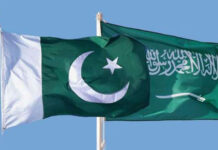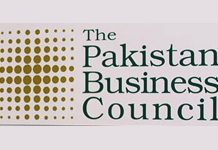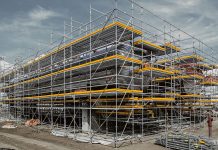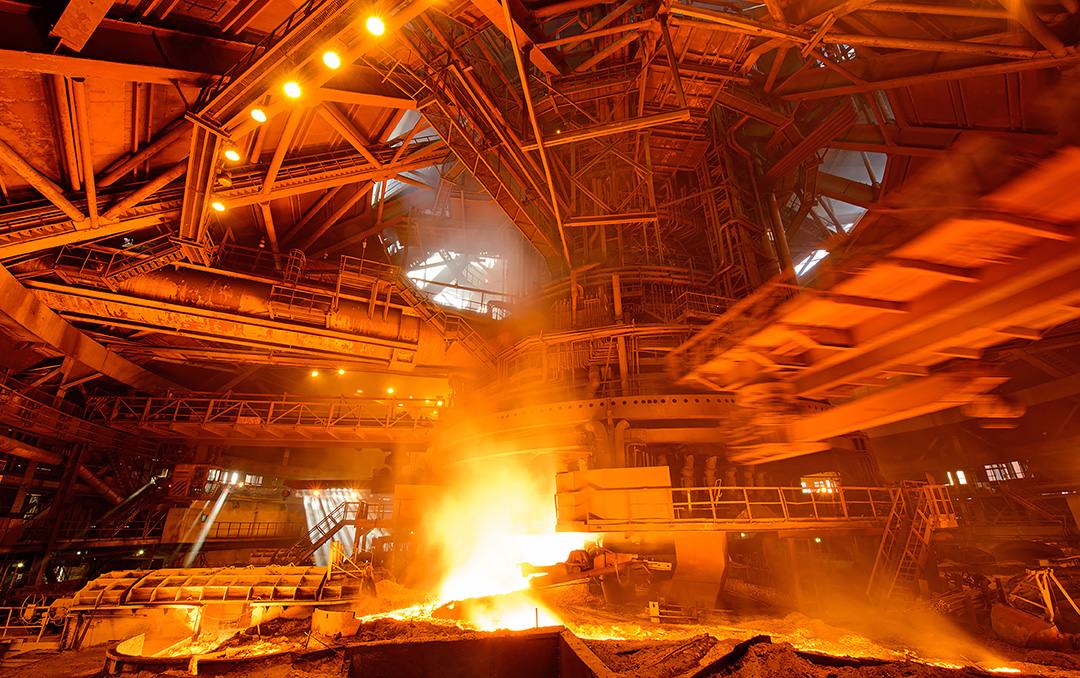Amreli Steels has been having a bit of a moment for the past few months. The 48-year-old steel rebar manufacturer is riding the wave of a brand new, slick television commercial that has won internet fans that do not really associate tearjerkers with, well, sarya manufacturers. The brand’s tagline is now “Aap ki tarah solid”. But is the company actually as ‘solid’ as it makes out to be?
Turns out, yes. As Syed Masroor Hussain Zaidi, analyst at BMA Capital illustrates in a note issued to clients on July 7, Amreli steel is well positioned to benefit from a bunch of ‘solid’ factors. These include lower international scrap prices, and an uptick in product demand and shrinking financial charges.
First (and possibly the biggest plus any steel company has) is that Amreli Steels is a company operating in Pakistan. Why is this important? Because Pakistan has one of the lowest consumptions of steel products on a per-capita basis, at 37kg, compared to Myanmar, 42kg, Sri Lanka, 50 kg, India, 77kg, or even Vietnam at 262kg. So, given demographics and general construction, the country’s steel consumption has only one way to go from here: up.
Second, Amreli Steels focuses on steel rebar production. Rebar is short for reinforcing bar, and is basically reinforced steel used to help prop up and support concrete structures. Amreli has been steadily increasing its rebar capacity over the decades, from 60,000 tons annually in 1993, to 180,000 tons annually in 2007, to 605,000 tons annually in 2018, according to the company website. Meanwhile, sales for Amreli steels was just above 200,000 tons in 2017 and 2018, climbing to 300,000 tons in 2018, and is projected to hit 335,000 tons in 2022.
As one can imagine, rebar demand is tied to demand for construction. This is great, because as Zaidi points out, “We expect rebar manufacturers to be key beneficiaries of improved construction sector outlook.” According to his analysis, the manufacturers of graded rebars will emerge as the key beneficiaries of ongoing and announced ‘big-ticket’ projects.
Amreli is also helped by being a large, legacy institution. This is important because the Federal Board of Revenue has launched an aggressive documentation drive, which will likely shift the share of rebar production from smaller players, to larger players, like Amreli.
Now, it is true that the outbreak of Covid-19 has dented this construction activity somewhat. However, Zaidi sees the recent positive data on cement sales as a proxy for construction, and thinks a revival is bound to happen.
“We remain upbeat on long-steel product outlook and expect yearly improvements to continue, foreseeing industry offtake to grow by a 5yr CAGR of 7.6%,” Zaidi says.
According to Zaidi, the industry will grow in the medium tomorrow to 4.9 million tons in 2021, and 5.3 million tons by 2022. This would lead to sales of 310,000 tons for Amreli in 2021, and 335,000 tons in 2022.
Finally, international scrap prices have dropped 10% this year to date, and are expected to hover between $312 and $318 a ton between 2021 and 2023. This means that the cost of production is expected to decrease. The result: gross margins, or the percentage of revenue that exceeds a company’s cost of goods sold, are expected to bounce from 8% in 2020 to 13% in 2021.
Amreli Steels is also set to benefit from Pakistan’s lower interest rates. The central bank cut interest rates from 13.5% in March to 7% in June, which among other things, is hoped to improve credit availability for housing finance, one of the government’s stated goals.
“So far, benefits of lower interest rates have not been visible in higher credit off-take due to COVID-19. However, going forward we expect the offtake to resume its pre-COVID trajectory.” says Zaidi.
Amreli steels has a very highly leveraged balance sheet, with a debt to equity ratio of 1.51, and a debt to assets percentage of 52%. With a total debt of Rs16.18 billion, this means that lower interest rates are a huge relief for the company, and are even estimated to add Rs2.42 per share to earnings in 2021. The improved gross margins mentioned earlier, along with these reduced interest costs, mean that net margins are expected to stand at 4% in 2021.
Is there anything that could upset this promising story? Zaidi has a few concerns that are out of the company’s control.
For instance, the sector has not emerged from an ongoing expansionary cycle, which means prices could remain ‘under pressure’. If that happens, then any costs like tariffs or scrap prices will not be able to be passed on to the consumer, affecting Amreli’s costs. This is somewhat concerning, only because Amreli heavily depends on the electricity grid. A hike there would throw Amreli’s cost structure askew.
Still, Zaidi predicts that healthy demand and favourable factors like interest rate cuts and lower scrap prices, will pull Amreli through safely. A ‘solid’ bet, indeed.





















please update your annual report on the website.
Comments are closed.